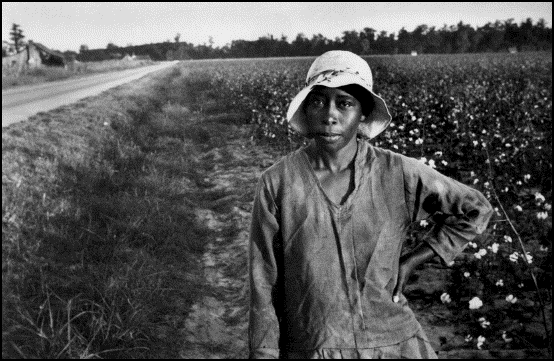
Ticket to
Exile
A Memoir
Adam David Miller
(Heyday Books)

He lived in Orangeburg, South Carolina before WWII. He was an avid reader ... intelligent, searching --- but couldn't afford a university education. He ended up in a shoe repair shop.In 1942, when he was nineteen, using his new Royal typewriter, he sent a love note to a white girl who worked at the 5&10 just around the corner. "I would like to get to know you better," it said. He sent the note with two matches so she could burn it.
She didn't. Within twenty-four hours, he was in jail, accused of attempted rape.
Miller tells us that his mother, a single black woman with two boys, managed to bring herself from "destitution to poverty" by working seven days a week --- $7/week --- in a county hospital. Even when his stepfather was still around, food was hard to come by. "I remember the smell of roasted rats that my parents used to supplement our diet."
Rats would be trapped, skinned, and roasted over a skimpy fire. The smell was unique, unlike any I remember since.
During his youth, his mother moved eleven times there in Orangeburg, often because there was no money to pay the landlord. At his high school, he graduated with honors, and he was invited to give the commencement address. When he stood up and said, "I greet you all," he was laughed down by his fellow students. Why? A recent accident had knocked out one of his front teeth, and there was no money for a dentist.
Because the wage-scale was so low, black shop-owners would pay no more than the whites. Even now, seventy years later, Miller wonders at his honesty: "Why I did not steal like the others is beyond me."
Death was a constant in their lives. Miller lost his favorite sister to rheumatic fever when she was twelve. There was an accident near his grandmother's farm: "An older black man had been walking at night along a highway. A group of white boys who had been drinking ran over him. They said it was dark and they didn't see him, 'black as he was.'"
§ § § In the introduction to Ticket to Exile, Miller relates that one of his readers said she was "angry about what happened to me and felt that I should have expressed more outrage." But any reader with brains knows that Miller's life was an outrage. The white schools in Orangeburg were well-equipped while his own had no science laboratory, no lawn, and he and other blacks were forced to contribute books from their own collections to build the school library.
One might want to compare this one to Black Boy by Richard Wright (it came out in 1946, was the first book , for many Americans, to demonstrate the implicit and explicit cruelty of segregation). Both books are studied and measured --- at once tragic and exhilarating: life does go on, even in the most oppressive of worlds. Wright took himself north because of his readings; Miller was forced into exile because of writing a single, short note of longing for friendship.
As studies in American racial culture, both books should be read. As works of art, both are astonishing.
--- L. W. Milam